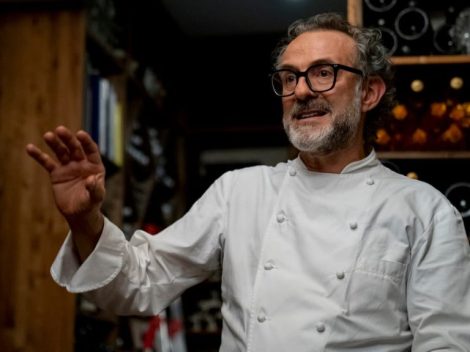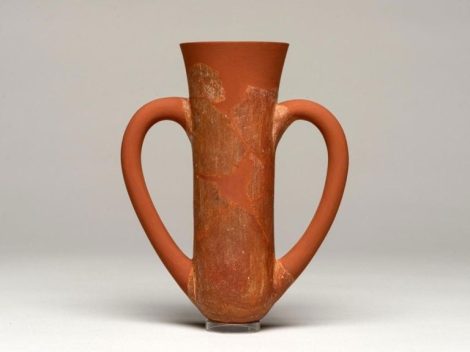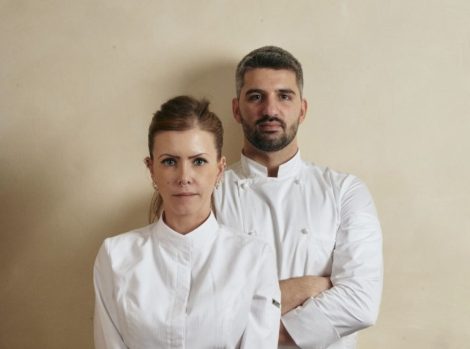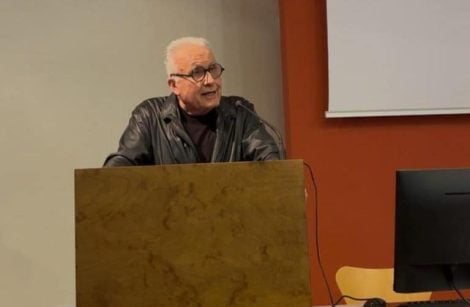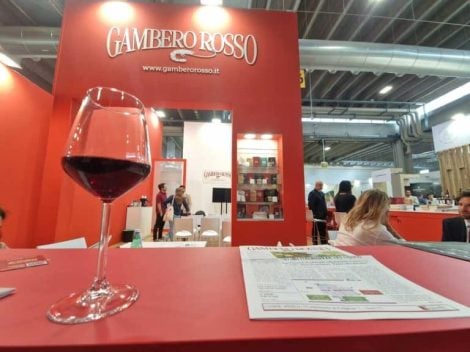by Cristina Barbera
He was destined to become a shepherd like his father, who began taking him to graze the flocks at the age of five. But Rosario, known to everyone as Saro, Pennisi, born in 1947 in Linguaglossa, a small town in the Etna Park, did everything he could to avoid that path. “I wasn’t doing well in school,” he recalls, “but in second grade, thanks to a new teacher who encouraged me, I improved and was promoted. My father had promised me a bike if I passed, but instead of the bike, they bought a gas stove to make things easier for my mother, who used to cook with wood.” At eight years old, this was the first disappointment, and more followed, which left their mark but didn’t discourage him. Instead, they strengthened his determination to pursue his goal. From the age of ten, he spent his mornings taking the livestock to graze and his evenings learning the butcher’s trade at a local shop. These were years of sacrifice and hard work, but they gave him the drive to look ahead with foresight, despite not having completed his studies. This determination eventually led to the creation of two ventures that today bring numerous visitors to Linguaglossa: Shalai, a boutique hotel with a restaurant (awarded Due forchette - two forks - by Gambero Rosso and a Michelin star), and the butcher shop with a kitchen, Dai Pennisi.
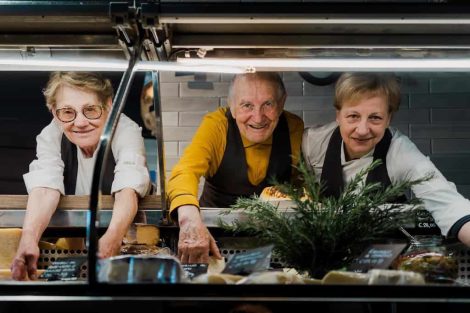
Angelina, Saro e Lina - ph Paola Licciardello
Butcher shop and store on Etna
In 1968, along with his parents, sister Angelina, and cousin Giuseppe, Saro rented the old butcher shop where he had trained. The raw materials came directly from their own livestock. In a short time, the shop became a popular destination. With the profits, they purchased the property, where they expanded the butcher shop and added a small store and apartments upstairs for the family to live in. Around this time, Saro married Lina, and their children Luciano and Maria Concetta were born. Angelina also married and had a daughter, Lucia.
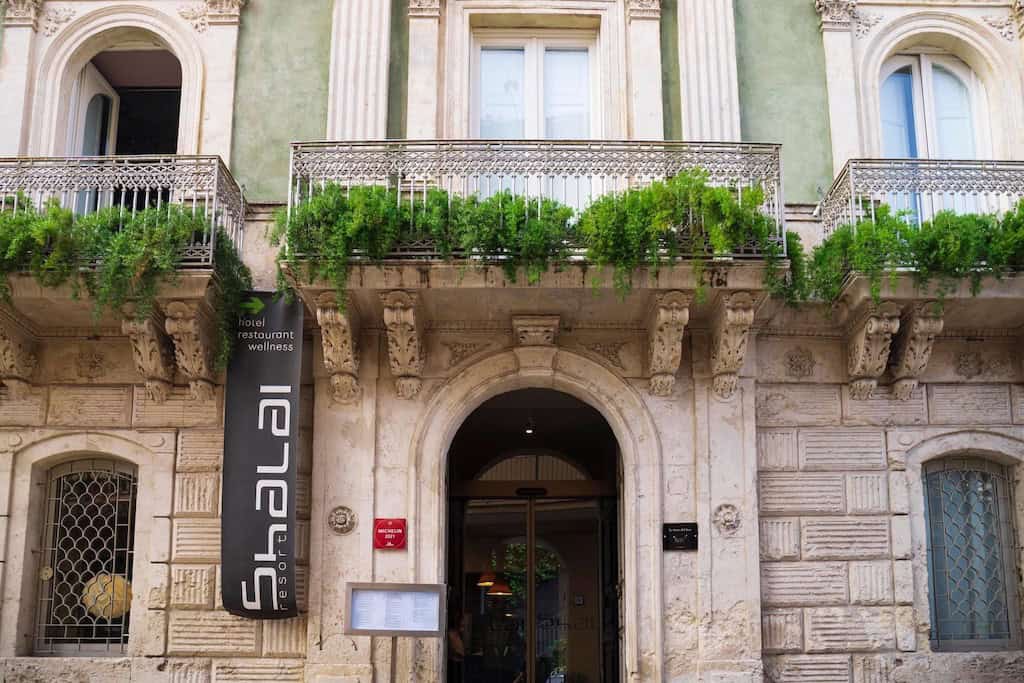
Key word: "Scialare"
As often happens, local criminals targeted him, and when they couldn’t take over the business, they planted bombs in the shop. But Saro didn’t give up. Over time, he also opened a bar to increase profits and ensure that his children and grandchildren wouldn’t suffer the same hardships he had. He also thought about their future homes and purchased a noble 19th-century palace, the former seat of the old town hall of Linguaglossa. Part of this building, with the help of his niece Lucia, who graduated in architecture from Florence, was transformed into a resort with a restaurant. Thus, in 2009, the boutique hotel came to life. They named it Shalai, after the Sicilian term “scialare,” which means to experience the utmost well-being, because their idea was that staying at Shalai should feel like being at home.
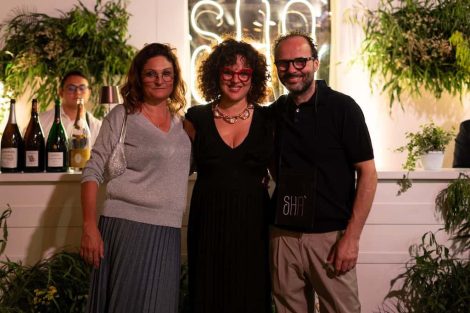
Lucia, Maria Concetta e Luciano - ph Paola Licciardello
The love for the land and its raw materials, along with a deep sense of belonging, values dear to Saro, were passed on to the next generation, who decided to work alongside him. In 2015, the restaurant, led by chef Giovanni Santoro, earned a Michelin star, which has been retained every year since. In December 2017, after the bar closed, the old butcher shop, known for its focus on high-quality meat, expanded to include a kitchen. This is how Dai Pennisi was born. Saro still works behind the counter, explaining the different types of meat to his customers, assisted as always by his wife, sister, children, niece, and initially, by the children of his cousin Giuseppe.
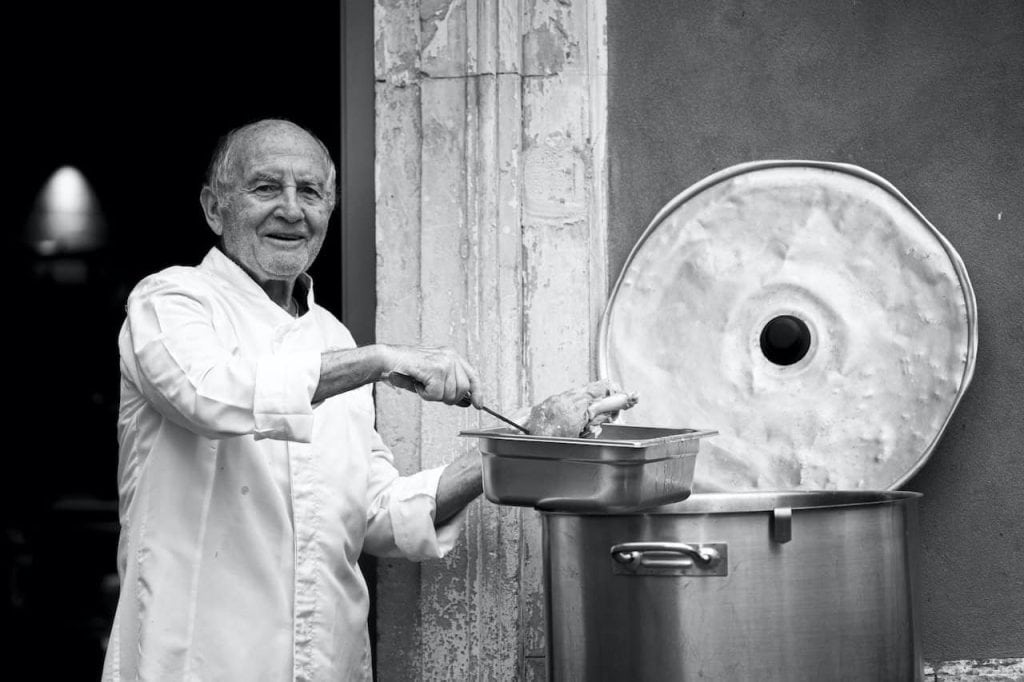
Frittole - ph Paola Licciardello
Today, the family business is managed by Maria Concetta, who takes care of the dining room and guests at the butcher shop, supported by her mother and aunt, and by Luciano, who, in addition to handling administration and planning for both venues with the help of Lucia, often works behind the counter himself. “Taking the reins of this business wasn’t easy,” Luciano says. “We’ll do everything we can to carry on and even improve our operations, while also introducing new ideas.”
Everyone follows the teachings they received from Saro, who no longer works regularly but is often in the butcher shop, especially in winter when he prepares *frittole* every Friday—a dish made from pork parts, which, along with his sausage, made using the traditional *ceppo* technique, has earned him the title of Ambassador of Tourism and Gastronomy from SlowFood.

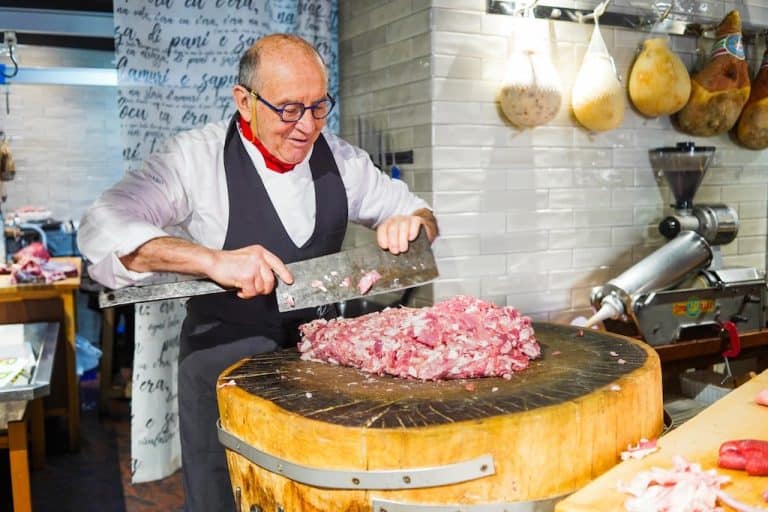
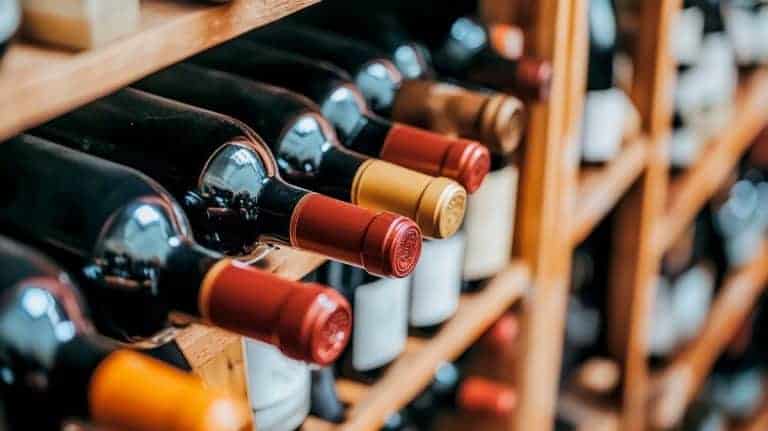 US tariffs: here are the Italian wines most at risk, from Pinot Grigio to Chianti Classico
US tariffs: here are the Italian wines most at risk, from Pinot Grigio to Chianti Classico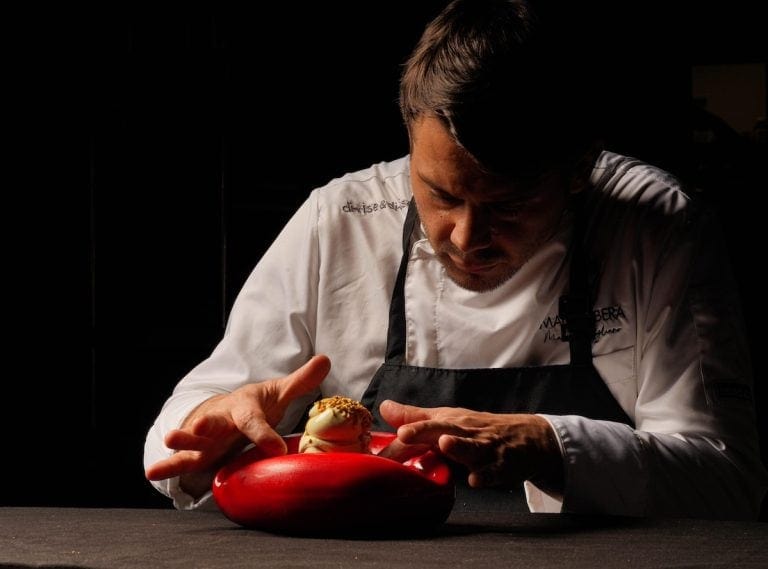 "With U.S. tariffs, buffalo mozzarella will cost almost double. We're ruined." The outburst of an Italian chef in Miami
"With U.S. tariffs, buffalo mozzarella will cost almost double. We're ruined." The outburst of an Italian chef in Miami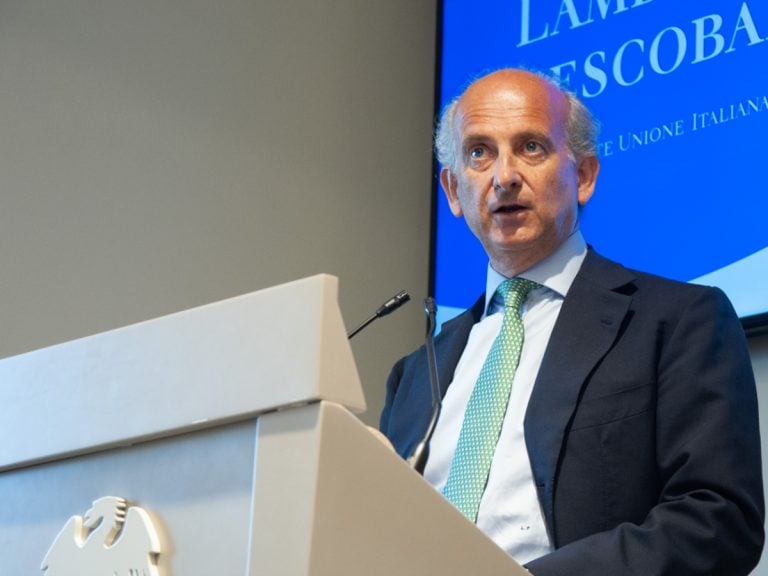 "With US tariffs, extremely high risk for Italian wine: strike deals with buyers immediately to absorb extra costs." UIV’s proposal
"With US tariffs, extremely high risk for Italian wine: strike deals with buyers immediately to absorb extra costs." UIV’s proposal Meloni: "Tariffs? If necessary, there will be consequences. Heavy impact on agri-food sector"
Meloni: "Tariffs? If necessary, there will be consequences. Heavy impact on agri-food sector"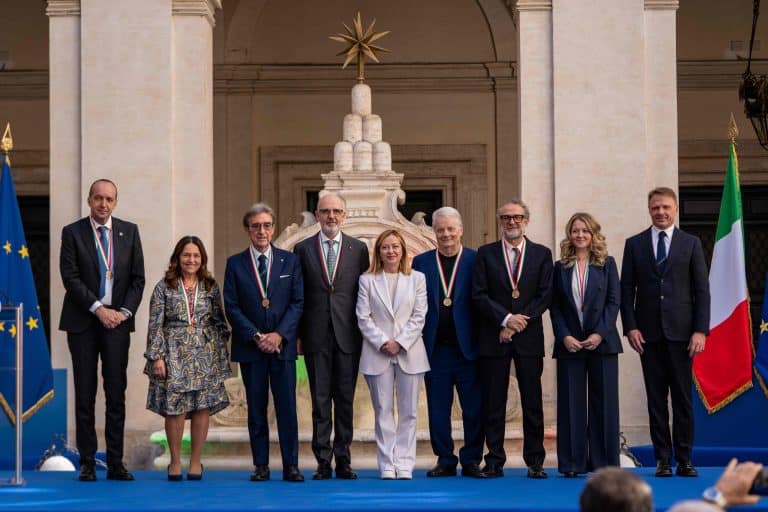 The Government honours the greats of Italian cuisine, from Bottura to Pepe. Massari: "Thank you, Meloni, the only one who listened to us"
The Government honours the greats of Italian cuisine, from Bottura to Pepe. Massari: "Thank you, Meloni, the only one who listened to us"